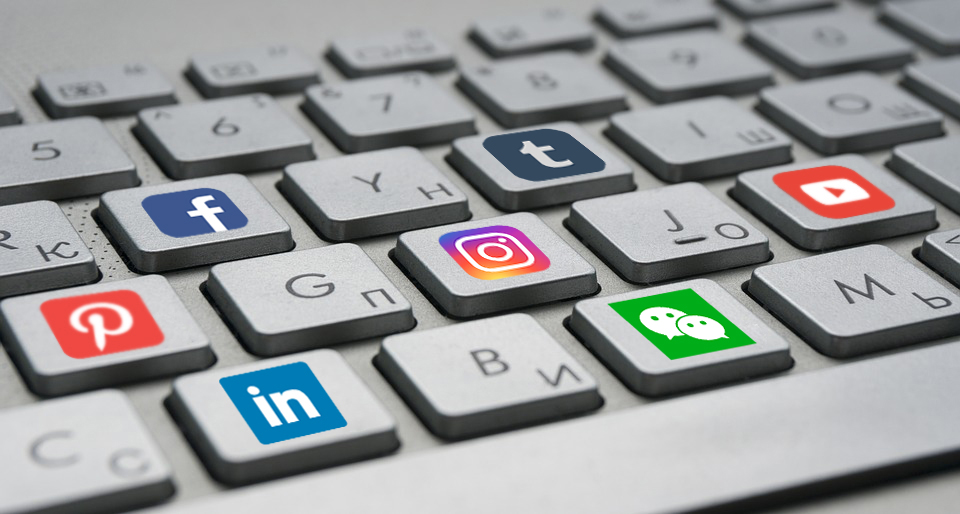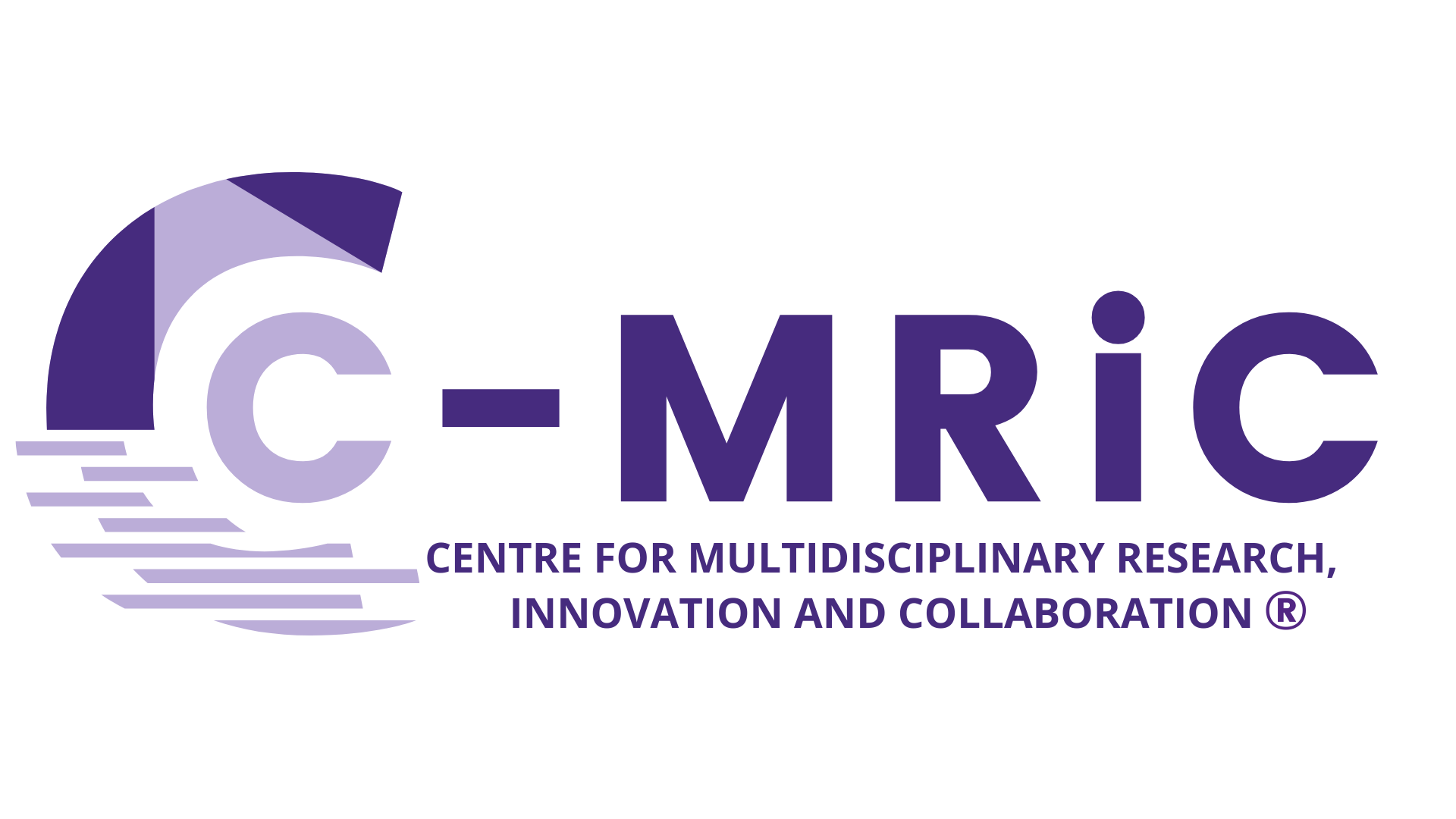Security risks faced by businesses on social media.


Next week, the Cyber Science conference will take place over 5 days across 4 co-located virtual conferences, Cyber Situational Awareness 2020, Social Media 2020, Cyber Security 2020 & Cyber Incident 2020.
Social media is of undeniable value to businesses for brand building and driving revenue. However, the risks of cyber attack on social media are increasing and businesses must put systems in place in the event of a social account hacking or hijack. Ahead of the conference we’ve compiled a list of recent and ongoing security risks being faced by businesses in operating their social media accounts across Twitter, Facebook, LinkedIn and Instagram.
3rd party social media apps
The National Cyber Security Centre highlights that while 3rd party apps can have their advantages, there is also significant risk which must be considered before allowing an application access to your businesses’ account.
In some cases, applications will also have access to your organisation’s data too. Once a third-party application has had the chance to access data, it is very difficult to know exactly what has been done with that data. The National Cyber Security Centre
3rd party application permissions can build up or go unnoticed, particularly if your business has been active online for a long period. It is important to regularly schedule disallowance of 3rd party apps which have access to the account and are no longer being used or are outdated and present a security risk.
Phishing attacks
Phishing attacks through social media are on the rise and businesses must stay vigilant. With work from home and lockdown measures in place across many countries, social media usage is on the increase. This presents a great opportunity for businesses to get their message seen by a captive audience, but also raises the likelihood and risk of those operating a business social media accounts being the victim of a phishing attack.
This week, Google released a guide on the steps they are taking to mitigate risk of cyber threat during Covid-19. Read it here.
Unsecured social media accounts
It is vital that businesses ensure that their accounts are secure with multi-factor authentication. This can prevent account hijackings in the event of malware, phishing or rogue password usage. Once a business accounts has been lost to hackers it is increasingly challenging to have to returned. This can cause damage to the brand and the possibility of financial damage through lost revenue or the use of ransomware by hackers on social media. Business accounts should be regularly monitored to ensure they are multi-factor authenticated using biometrics, verified authenticator app or secured phone number.
Fake links & malware
The current period of Covid-19 restrictions has seen a rise in fake health advice and news being distributed by rogue actors through email and on social media. It is vital that businesses stay alert on social media, with a reported rise in Coronavirus news being used to spread malware and facilitate phishing attempts. Policy and practices should be put in place for employees monitoring and running social media accounts during this uncertain period, with briefings relating to unsolicited and suspicious links in social media feeds and direct messages.
Cyber Science 2020
The launch of IEEE Cyber Science 2020 is fast approaching. This year’s conference will be delivered virtually and will run from 15-19 of June and is not be missed.
The 5-day conference features an impressive line-up of keynotes, industry & authors who will join from around the world to share a global perspective on cyber risk, social media, cyber security, cyber crime, cloud, blockchain, IoT and more.
Registration is still open at the link below. Don’t miss out!
